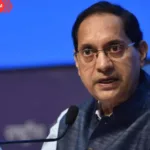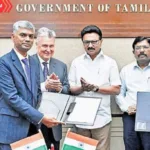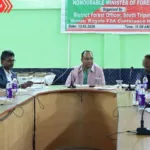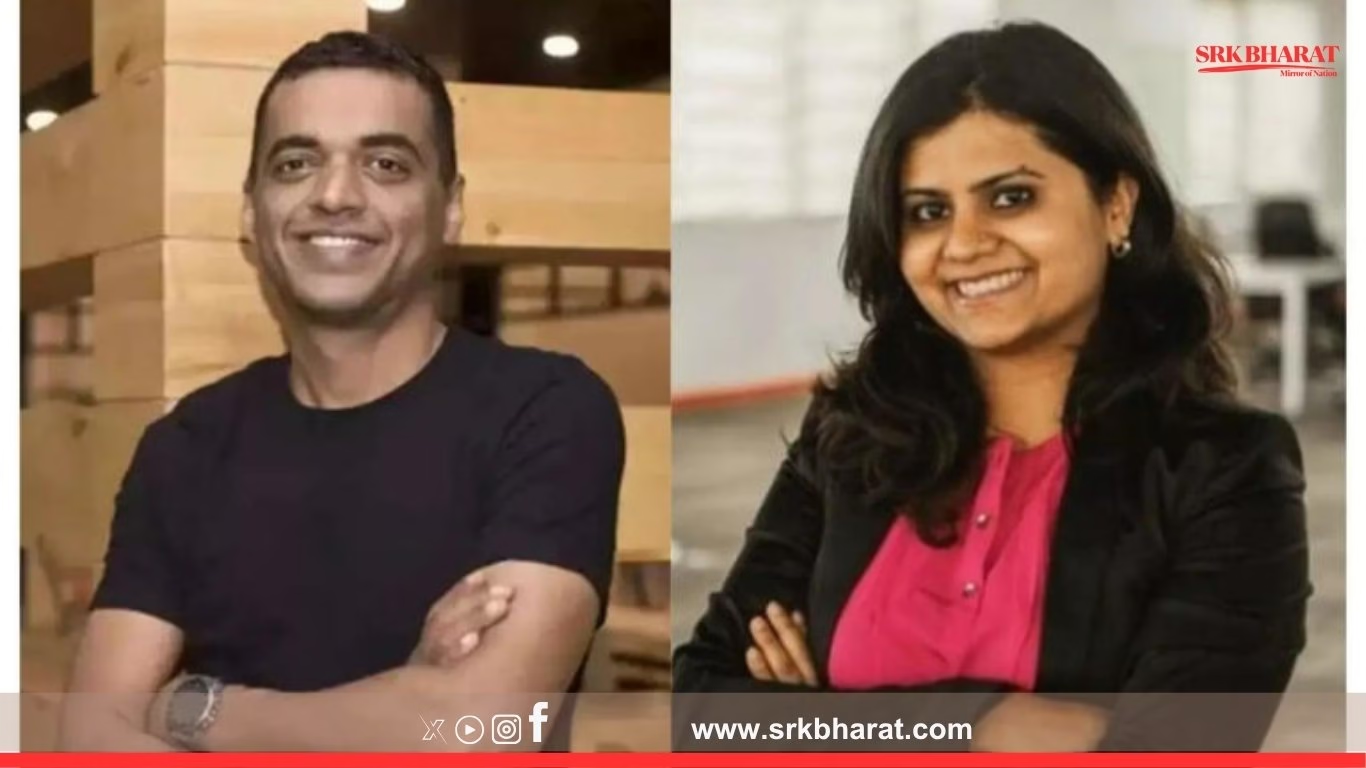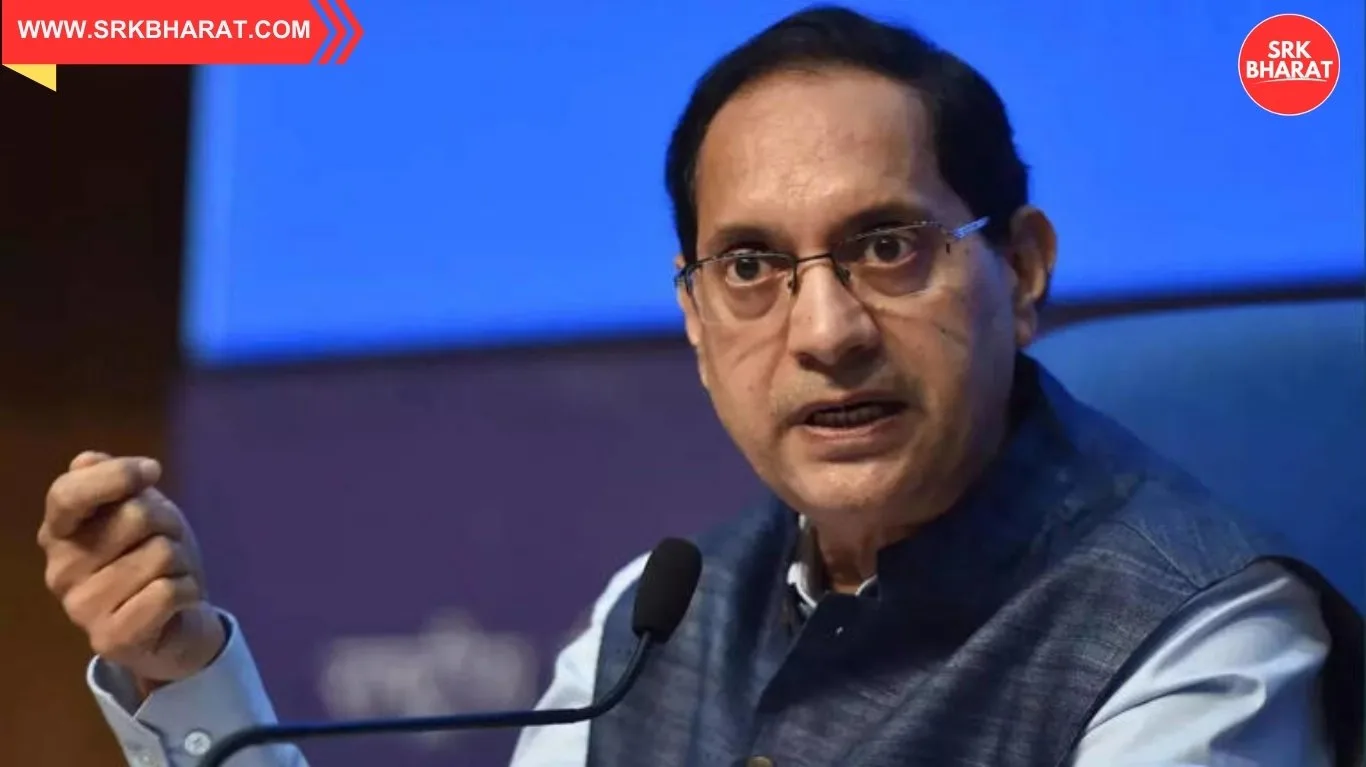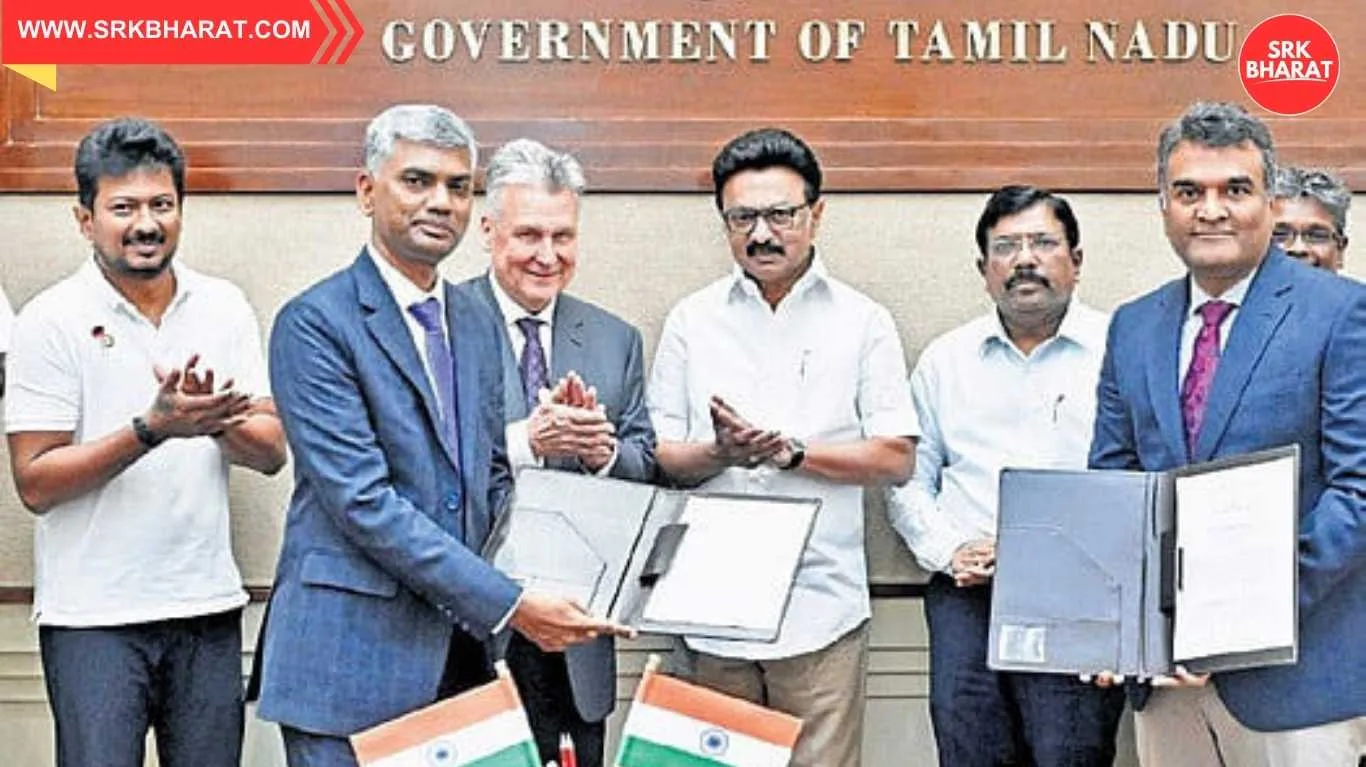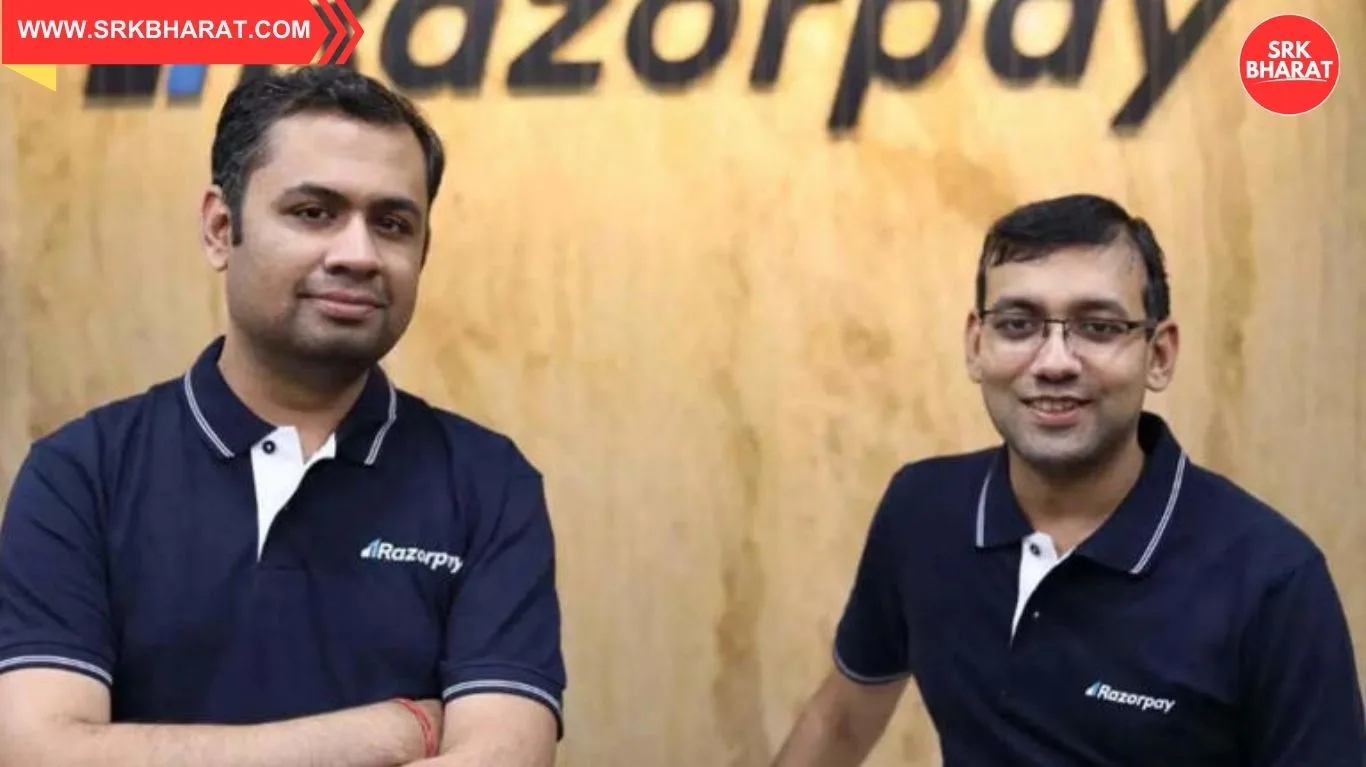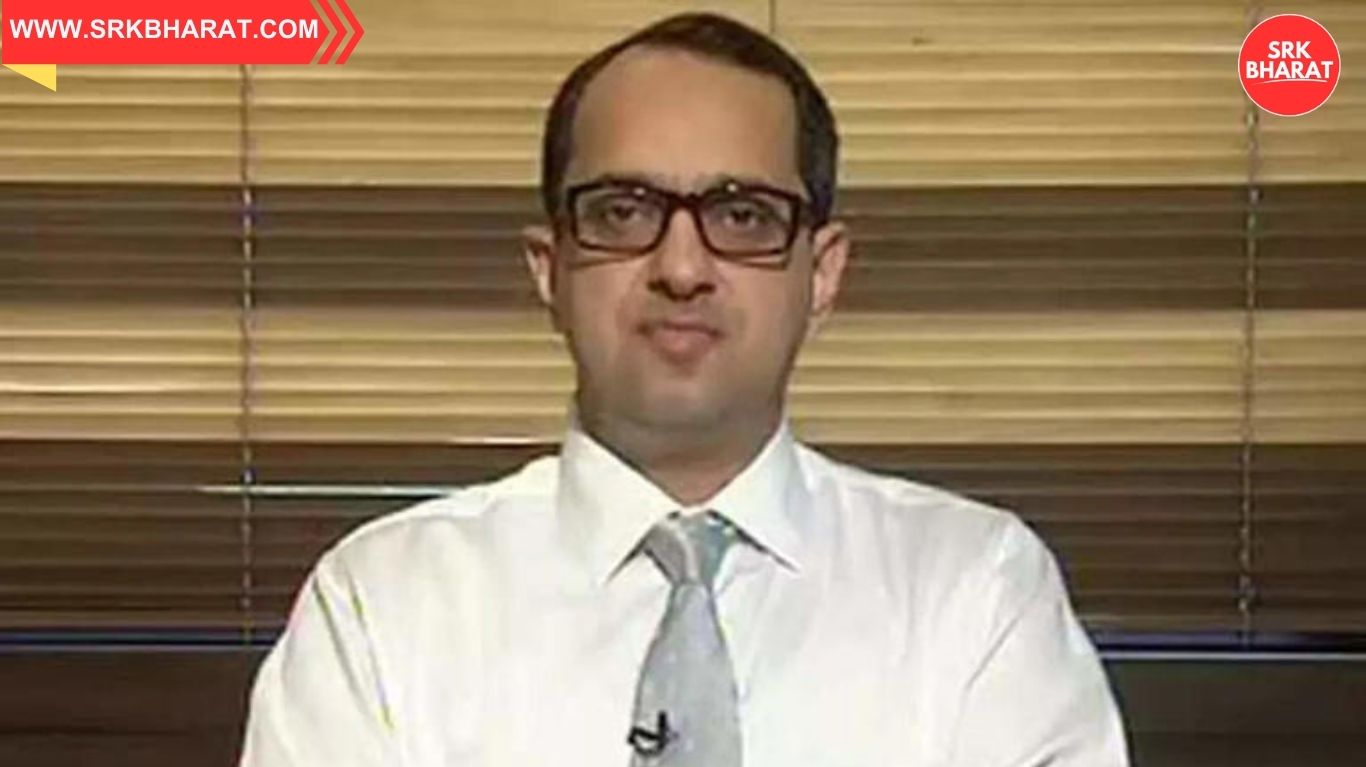In a bold and visionary step, Zomato co-founder and CEO Deepinder Goyal has made an open call for engineers to join the research and development team at his aerospace startup, LAT Aerospace. This move signals a serious intent from the food-tech entrepreneur to establish a long-term presence in the space and aviation innovation ecosystem, an industry far removed from his roots in digital food delivery but equally demanding in ambition, precision, and disruption.
The announcement comes at a time when India is undergoing a dramatic transformation in its science, technology, and defense infrastructure. With the government pushing for private participation in strategic sectors like aerospace, Deepinder Goyal’s LAT Aerospace is positioning itself as a new-age player with an eye on deep tech innovation. Goyal’s call specifically targets engineers passionate about research, experimentation, and long-term technological bets, indicating that the company will focus less on near-term commercial gains and more on foundational aerospace technologies.
LAT Aerospace: A New Frontier in Indian Innovation
Founded quietly in 2024, LAT Aerospace has been operating under the radar, working on undisclosed technology prototypes with a team of select engineers and consultants. With Goyal’s recent appeal on social media, the startup is finally stepping into public view. LAT stands for “Long Arc Technologies,” a name that emphasizes time-intensive innovation cycles and deep engineering challenges.
A company insider shared:
“The vision isn’t to build rockets or drones immediately but to develop core technologies in materials, propulsion, fluid dynamics, and next-gen avionics systems. Think of it as building the engine room for India’s next aerospace leap.”
Goyal has clarified that LAT Aerospace is still in its infancy and will take years before any product hits market or sees commercial integration. The team is expected to operate like a research lab, prioritizing breakthroughs over quarterly metrics.
What Kind of Engineers LAT Is Looking For
In his message, Goyal made it clear that LAT is not looking for generalists or people looking for quick scale-ups. Instead, he’s targeting engineers who:
- Love research and rigorous experimentation
- Can dedicate years to a problem without market pressure
- Have expertise in aerodynamics, thermodynamics, propulsion, AI in aviation, or embedded systems
- Want to work in cross-functional R&D environments
- Are passionate about building from India for the world
The startup is looking to recruit across the following disciplines:
| Role | Specialization Required | Experience Level |
|---|---|---|
| Aerospace Systems Engineer | Flight mechanics, propulsion modeling | 3–10 years |
| Materials Research Scientist | Composite materials, high-temp alloys | 5+ years or PhD |
| Embedded Systems Developer | C/C++, RTOS, hardware integration | 2–7 years |
| AI for Avionics Researcher | ML for signal processing, sensor fusion | PhD preferred |
| CFD Simulation Expert | Turbulence modeling, aerothermal flows | 5+ years or academic projects |
| Mechanical R&D Engineer | Aerospace-grade design, CAD/CAE tools | 2–5 years |
This focus on niche, high-bar engineering roles sets LAT apart from other Indian aerospace startups that are often product-focused or UAV-centric.
Deepinder Goyal’s Vision: Think Long, Build Deep
Goyal’s public post made it clear that LAT Aerospace is not following the Silicon Valley model of fast iteration, blitzscaling, and venture capital-fueled competition. Instead, it is modeled more on the lines of DARPA-style research institutions or SpaceX’s early engineering days—where the founding team invests years into developing a breakthrough before the world even hears about it.
He stated:
“If you want to build for the long arc of history, and solve problems where the first success may take years—LAT is where you should be.”
The intent is clear: LAT Aerospace isn’t just a side project but a multi-decade ambition.
Aerospace Sector in India: A Ground Ripe for Innovation
India’s aerospace sector has long been dominated by state-led giants like ISRO and HAL. But recent policy reforms and increasing private interest are opening the floodgates for startups and R&D-led companies. Budget allocations, FDI inflows, and technology transfers have made the sector increasingly attractive for private entrepreneurship.
| Metric | 2022 | 2025 (Projected) |
|---|---|---|
| Private Aerospace Startups | 70+ | 150+ |
| Government Aerospace Spending | ₹90,000 crore | ₹1.25 lakh crore |
| FDI in Aerospace & Defense (USD) | $286 million | $500 million |
| R&D Investment by Private Firms | ₹400 crore | ₹1,000 crore |
Goyal’s entry into the sector adds further credibility to India’s private aerospace ambitions and is likely to inspire other tech entrepreneurs to explore high-barrier, long-term innovation categories.
LAT Aerospace and the Future of Indian Deep Tech
LAT Aerospace’s research-focused model aligns well with India’s growing emphasis on deep tech. With India looking to assert itself in quantum computing, defense tech, hypersonic systems, and future mobility, LAT’s mission could dovetail with national goals over the next decade.
Moreover, Deepinder Goyal’s entrepreneurial track record lends gravitas to LAT’s ambition. As the co-founder of Zomato, he built a unicorn from scratch, navigated IPOs, and emerged as one of India’s most recognized startup voices. If LAT Aerospace follows a similar arc of discipline and vision, it could become a key player in shaping India’s aerospace story.
Goyal is also said to be in discussions with leading professors from IITs and IISc to form a scientific advisory board for LAT. The company may also open research fellowships for early-career scientists and PhD scholars.
Challenges Ahead
However, LAT Aerospace faces considerable challenges, including:
- Long gestation periods with no revenue
- High costs of experimentation and prototyping
- Limited local supply chain for aerospace-grade components
- Brain drain of top talent to US/Europe
To address these, Goyal may look at a hybrid funding model—combining his personal capital, government research grants, and possibly CSR-linked R&D investments from Indian corporates.
India’s Deep Tech Renaissance?
Goyal’s latest venture adds to the growing momentum of deep tech entrepreneurship in India. From quantum computing startups to fusion energy experiments and now aerospace research, Indian innovators are moving beyond software platforms to solve “hard” science problems.
| Sector | Key Indian Startups (2025) |
|---|---|
| Aerospace R&D | LAT Aerospace, Agnikul Cosmos, Skyroot |
| Quantum Computing | QNu Labs, BosonQ Psi |
| Fusion Energy | TAE India (partnership), BGV Energy |
| Defense AI | 114ai, Tonbo Imaging |
Final Words
With LAT Aerospace, Deepinder Goyal is attempting something that very few Indian entrepreneurs have dared to do—build an R&D-heavy company with a 10–15-year horizon in a high-risk, high-tech sector. His call for engineers isn’t about hiring at scale, but about curating a brain trust that will shape the trajectory of one of India’s most ambitious scientific ventures.
LAT Aerospace may be in its infancy, but if it succeeds, it could not only create cutting-edge aerospace technologies but also inspire a generation of engineers and researchers to dream bigger.
Disclaimer: This article is based on statements made by Deepinder Goyal, public records, and current sectoral developments. The views reflected in this content are for informational purposes only and may evolve with future business or policy changes.

